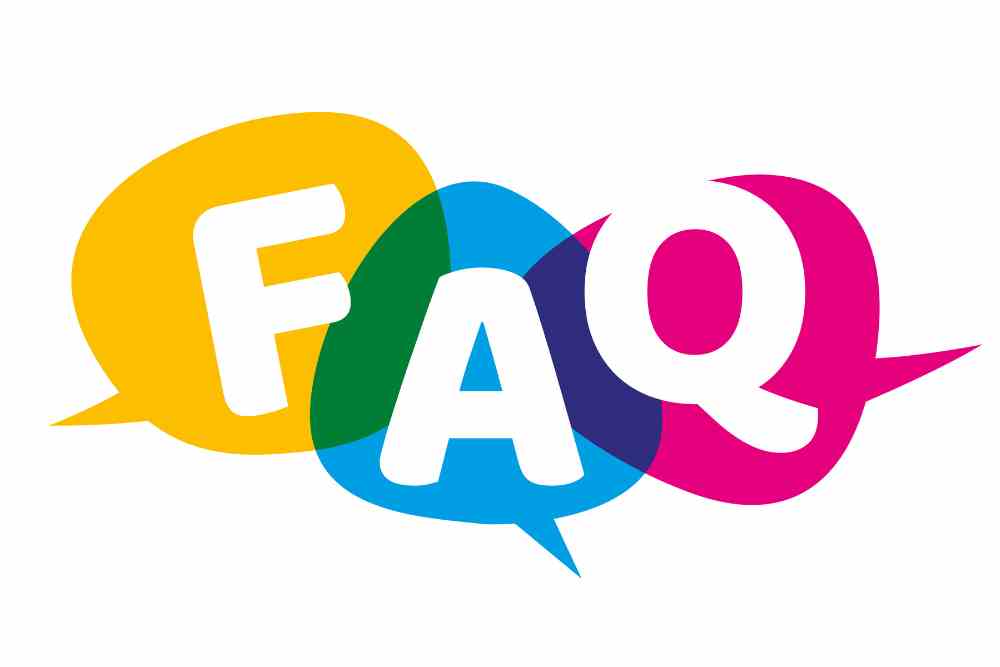Benefits of Leveraging Social Media for CRM

Social media has become an integral part of our daily lives, with billions of people around the world using platforms like Facebook, Twitter, and Instagram to connect with friends, share experiences, and discover new products and services. However, social media is not just a tool for personal use; it has also become a powerful tool for businesses to engage with their customers and build lasting relationships. In this article, we will explore the benefits of leveraging social media for customer relationship management (CRM) and how it can help businesses improve their sales and marketing efforts.
1. Enhanced Customer Engagement
Social media provides businesses with a direct line of communication to their customers. By leveraging social media platforms, businesses can engage with their customers in real-time, respond to inquiries, and address concerns promptly. This level of engagement helps businesses build trust and loyalty with their customers, leading to increased customer satisfaction and retention.
For example, a study conducted by Sprout Social found that 83% of consumers expect brands to respond to their social media comments within 24 hours. By actively monitoring and responding to customer inquiries and feedback on social media, businesses can demonstrate their commitment to customer service and improve overall customer satisfaction.
2. Increased Brand Awareness
Social media platforms offer businesses an opportunity to increase their brand visibility and reach a wider audience. By creating compelling content and sharing it on social media, businesses can attract new customers and generate brand awareness.
For instance, a case study by Hootsuite revealed that when a small business started using social media to promote their products and services, they experienced a 30% increase in brand awareness within six months. By consistently sharing valuable content and engaging with their audience, the business was able to establish itself as a trusted authority in their industry.
3. Targeted Advertising
Social media platforms provide businesses with powerful advertising tools that allow them to target specific demographics and reach their ideal customers. By leveraging the data collected from social media users, businesses can create highly targeted ad campaigns that deliver their message to the right audience at the right time.
For example, Facebook Ads allows businesses to target their ads based on factors such as age, location, interests, and behavior. This level of targeting ensures that businesses are reaching the most relevant audience, increasing the chances of converting leads into customers.
4. Valuable Customer Insights
Social media platforms generate a vast amount of data about user behavior, preferences, and interests. By analyzing this data, businesses can gain valuable insights into their customers’ needs and preferences, allowing them to tailor their products and services to better meet customer expectations.
For instance, a study by Salesforce found that 66% of marketers use social media listening tools to gain insights into their target audience. By monitoring social media conversations and analyzing customer sentiment, businesses can identify trends, uncover pain points, and make data-driven decisions to improve their products and services.
5. Improved Customer Service
Social media has become a popular channel for customers to seek support and resolve issues. By leveraging social media for customer service, businesses can provide quick and efficient support, leading to higher customer satisfaction and loyalty.
For example, a study by J.D. Power found that customers who receive a response to their social media inquiry are more likely to recommend the brand to others. By actively monitoring social media platforms and promptly addressing customer concerns, businesses can turn negative experiences into positive ones and strengthen their customer relationships.
6. Competitive Advantage
By leveraging social media for CRM, businesses can gain a competitive advantage in their industry. While many businesses are already using social media for marketing purposes, not all of them are effectively utilizing it for customer relationship management.
For instance, a survey conducted by Aberdeen Group found that companies using social media for CRM achieve 7.5% greater annual revenue growth compared to those who do not. By effectively leveraging social media for CRM, businesses can differentiate themselves from their competitors and attract more customers.
Social media has revolutionized the way businesses interact with their customers. By leveraging social media for CRM, businesses can enhance customer engagement, increase brand awareness, target their advertising efforts, gain valuable customer insights, improve customer service, and gain a competitive advantage. With the right strategies and tools in place, businesses can leverage social media to build lasting relationships with their customers and drive sales and marketing success.
Discover the power of social media for CRM with SaasExpert.ca – Your All-In-One Sales and Marketing Platform for small businesses, agency owners, and marketers.
Learn more about “Strategies to Boost CRM Through Social Platforms” right here.
Frequently asked questions about Benefits of Leveraging Social Media for CRM.

Hey there, CRM rockstars and social media maestros! 🎸🌟 Are you curious about how social media can amplify your Customer Relationship Management game? Well, you’re in luck! Let’s break down the benefits and how-tos of this dynamic duo! 🤝
1️⃣: How can social media add value to my CRM efforts? 🤩
Imagine combining the power of social media’s real-time insights with your CRM’s structured data management. 🤯 Yep, that’s what you get—a cocktail of customer intelligence that can fuel hyper-personalized engagement strategies.
🌈 Rainbow of Benefits: Social media can offer you a wide spectrum of customer data—from behavioral trends to real-time feedback—that you can funnel right into your CRM.
2️⃣: Is it complicated to integrate social media into my CRM system? 🤔
You might think it sounds like rocket science, but trust me, it’s not! 🚀 Many modern CRM systems come with built-in social media integration features, or you can use third-party tools to bridge the gap.
🛠 DIY Toolkit: Look for CRM solutions that offer social media integration as a feature. It’s usually as simple as connecting your accounts and configuring a few settings!
3️⃣: What types of customer interactions should I focus on capturing from social media? 🎣
Ah, the million-dollar question! Focus on interactions that provide valuable insights or opportunities for engagement. This could be anything from mentions and direct messages to likes, shares, and even customer reviews.
📝 Note It Down: Use your CRM to tag and categorize these interactions. This will help you tailor your future marketing campaigns and customer service responses.
4️⃣: Can leveraging social media in CRM help in customer retention? 💖
Absolutely! Social media gives you the chance to engage with your customers in a less formal, more conversational setting. It’s easier to build and maintain relationships when you’re not always in ‘sales mode.’
💡 Lightbulb Moment: Use social media to provide value—like answering questions or sharing useful content—and log these interactions in your CRM to build a fuller picture of each customer’s journey.
5️⃣: How do I measure the ROI of integrating social media into my CRM? 📊
Measuring ROI is crucial, and luckily, both social media platforms and CRM systems come packed with analytics tools. Metrics like customer engagement rates, customer lifetime value, and conversion rates can all help you assess your success.
📈 Metric Mania: To get a holistic view, integrate your social media and CRM analytics. This way, you can track how social interactions contribute to sales, customer retention, and other key performance indicators (KPIs).
So there you have it—your primer on the myriad benefits of spicing up your CRM with a dash of social media magic! 🌟 Any more questions? Feel free to hit me up. I’m all ears! 🐰






